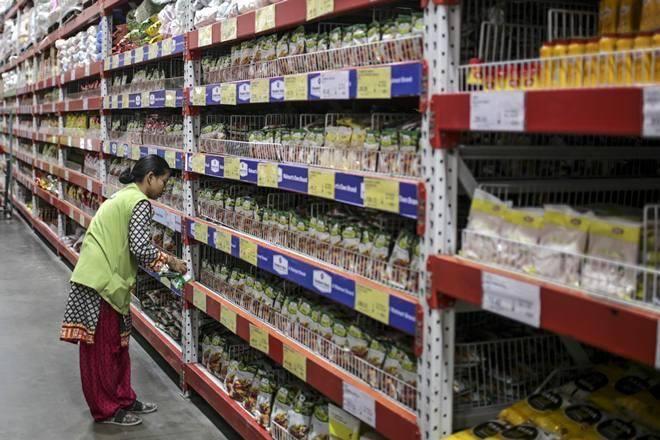The ongoing coronavirus pandemic has delivered an even greater blow to incomes than Prime Minister Narendra Modi’s demonetisation move in November 2016. The “coronavirus disruption seems to be wide and deep, and unlike the demonetisation, impact on consumer incomes appears significant with the hit on daily wagers and paycuts across companies,” Emkay Global said in a research report on Thursday. While the consumer demand was already under the spell of a prolonged slowdown, coronavirus may aggravate the situation. Consumer companies have already seen a sharp decline of 50-70% in sales during the lockdown period and there is quick no recovery in sight for now.
Not a short term impact
Even when the lockdown ends, the damage to the consumer goods companies won’t be limited to short term. “While consumer demand remained somewhat resilient after demonetization, the coronavirus disruption seems more wide and deep and may result in a slow recovery,” the report said. While the government announced a relief package for the daily wage earners and migrant labours, it “so far looks inadequate to revive the already weak consumer spends,” it added. Several other economists such as Nobel Laureate Abhijit Banerjee have also pointed out gaps in the relief package. Also, while sales may see an initial jump once the lockdown ends, the impact on incomes, especially on the low-income bracket, will take time to recover and will also reflect in consumption demand. The result is likely to be a gradual recovery in FY21-22.
However, with a fall in the crude oil prices clubbed with moderating agri-input prices may help cushion the blow for most staples. Paint companies such as Asian Paints and Berger Paints will likely benefit from crude oil reduction. FMCG companies such as Hindustan Unilever, Godrej Consumer Products Ltd., and Dabur are also expected to benefit.

